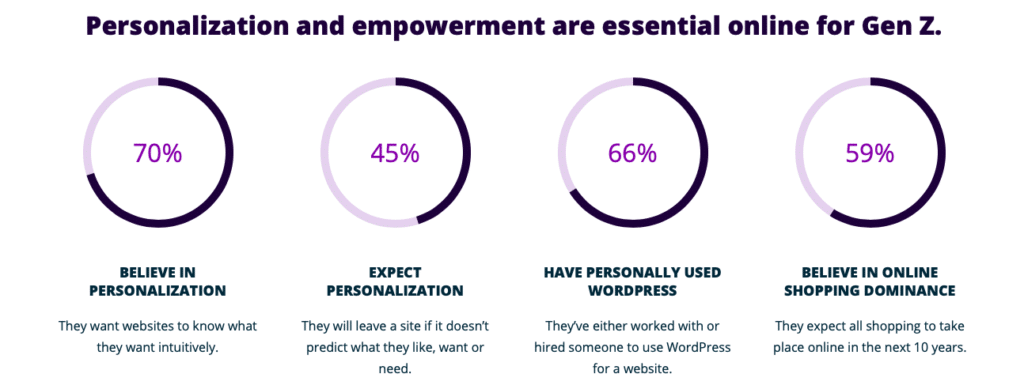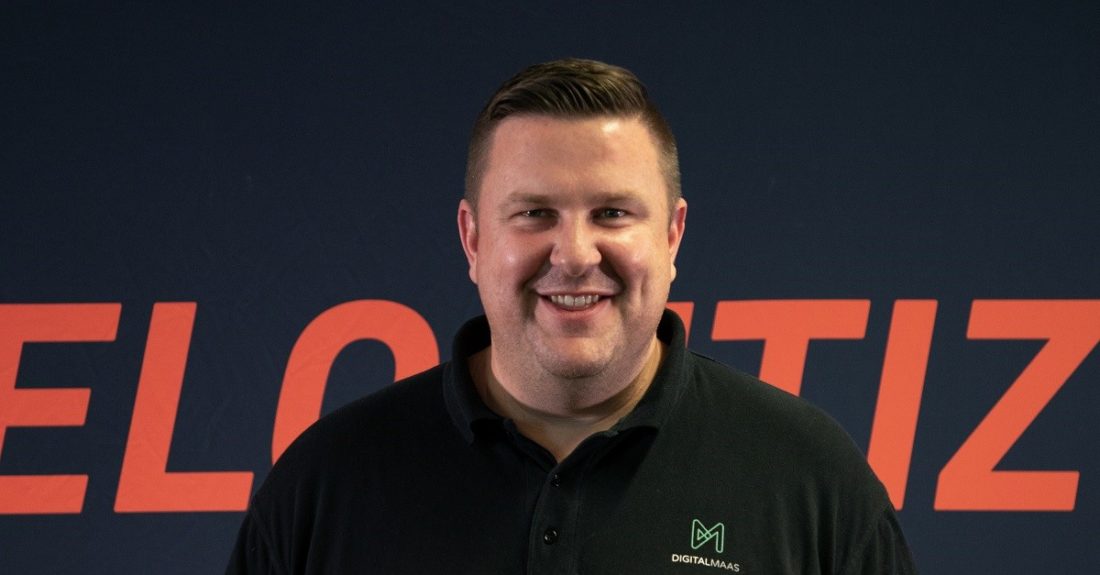People have to experience what personalization is all about. A lot of people that are wary of it probably haven’t had much personalization, or opted into a lot of personalization. If they can see a real tangible benefit, they’re willing to do that.
Andrew Thorn is the CEO of DigitalMaas, a digital marketing platform that allows businesses to make data-driven decisions while developing stronger brand positions. DigitalMaas makes marketing easier so you can effectively compete online while still focusing on what you do best—running your business.
In this episode of Velocitize Talks, Thorn discusses how local businesses can take advantage of optimization and AI tools to attract and retain customers.
Digital storefront (1:28)
I think business owners need to always have a website; it’s a really good way for them to showcase their products and services. But there’s definitely a lot more places where businesses need to think about now.

A brand’s online business information is available in a myriad of places online: Google, Bing, Yelp and voice tools. Thorn points out how important it is for businesses to keep all their information like business hours, location, and offers up to date in order to get in front of customers. There are a few ways companies can make their local SEO game strong. One is to claim and optimize the Google My Business page to help stand out with local competition. Another is to use a Schema markup tool to help users easily navigate a company’s website and learn what their business is all about.
Find your voice (2:12)
What we’re seeing is longer search phrases in search queries. We’re seeing things like six or seven word search queries coming up and a lot of those are attributed to voice.

Voice search is definitely changing the way brands need to market themselves. In 2020, 55% of users choose voice search to ask questions on a smartphone. People use voice search in a very conversational manner like, “What’s the best Italian restaurant in Sydney?” The challenge for brands is how to make the right information surface during those types of searches, Thorn says. The data that a brand has on its online presence has to be written in a way that voice searches will see and be able to serve up to users. Voice search is set to disrupt SEO conventions, so brands need to stay informed of the changes and plan accordingly.
I’m seeing some things with people that are using chatbots and intelligent chatbots that are actually learning based on five to 10 years of customer support tickets and then being able to answer queries really well.

As brands seek to personalize experiences to their customers, they are relying upon intelligent chatbots to assist in moving the customer down the sales funnel. The majority of chatbots available today are not AI based. There is a world of difference between a chatbot that can carry on an intelligent conversation and one which can only answer a question. An AI chatbot is perfect for resolving customer service issues, troubleshooting common problems, helping with account administration, and providing general advice. By 2020 customer experience will overtake price and product as a key differentiator.
Data for good (5:53)
Your ethics radar has to be really on alert when you’re building out these personalization journeys.

Personalization can be difficult because when done wrong it can translate into a poor customer experience; when done right, it can be exceptional. Most everyone carries their cell phone with them throughout their day, providing unlimited access to their digital footprint. For example, your phone can provide information on traffic delays or weather alerts in a almost instantaneously.
Thorn thinks these types of benefits are helpful. Where he draws the line is when brands remarket the information. Data privacy can also be a generational issue as Gen Z is willing to give personal information as long as they value the exchange, according to the WP Engine Generation Influence study.
Andrew Thorn’s favorite podcast

Thorn listens to Masters of Scale, a podcast hosted by LinkedIn co-founder Reid Hoffman. Each episode highlights Hoffman’s entrepreneurship theories and features special guests discussing the journey from startup to successful business.
For more information on DigitalMaas, check out their website and follow them on Facebook, LinkedIn and Twitter at @digitalmaascom. To connect with Andrew Thorn, follow him on LinkedIn.
This interview was originally recorded in 2019 in Sydney, Australia and has been updated accordingly.





Join the conversation